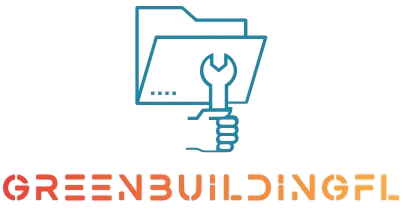How to Create a Project Cost Management Plan
Creating a project cost management plan is essential for effective financial control and budget management throughout the project lifecycle. Here are the steps to develop a comprehensive cost management plan:
- Define the Project Scope: Start by clearly defining the project scope and deliverables. This will help identify the key cost components, such as labor, materials, equipment, and overhead expenses.
- Identify Cost Estimation Techniques: Determine the most appropriate methods for estimating project costs based on the project scope and available information. Common techniques include analogous estimating (using similar past projects as a reference), bottom-up estimating (breaking down the project into smaller components and estimating their costs), or parametric estimating (using statistical models or algorithms).
- Develop a Cost Breakdown Structure (CBS): Create a hierarchical structure that organizes and categorizes all project costs. This breakdown will enable a detailed examination of cost components and provide a clear overview of where expenses will be incurred.
- Estimate Costs: Estimate the costs for each component identified in the CBS. This should include labor costs, procurement costs, subcontractor costs, materials, equipment, and any other relevant expenses. Use the chosen estimation techniques to derive accurate and reliable cost estimates.
- Establish a Cost Baseline: After estimating costs, establish a cost baseline that reflects the approved budget. The cost baseline provides a benchmark against which actual costs can be measured throughout the project’s duration.
- Define Cost Control Measures: Determine the various cost control measures that will be implemented to monitor and manage expenditures. This includes outlining the processes for change management, tracking costs against the baseline, and identifying thresholds for approving changes to the budget.
- Allocate Responsibilities: Identify the key stakeholders and individuals responsible for cost management activities within the project team. Clearly define their roles, responsibilities, and authority related to cost estimation, monitoring, and control.
- Implement Reporting and Tracking Mechanisms: Establish a process for regularly tracking project costs and reporting them to the relevant stakeholders. This can include financial reports, cost variance analysis, cost performance indexes, and any other metrics or tools that facilitate effective cost monitoring and control.
- Risk Management: Assess potential cost risks and establish strategies for mitigating them. Identify cost-related risks, such as budget overruns, changes in market prices, or delays in procurement, and develop contingency plans to minimize their impact.
- Review and Update: Regularly review and update the cost management plan as the project progresses. Revisit cost estimates, adjust the cost baseline if necessary, and continuously evaluate the effectiveness of cost control measures.
A well-developed cost management plan is crucial for keeping your project’s finances on track and ensuring successful project delivery within the specified budget. Regularly monitoring and controlling costs while adapting to any changes will help keep your project financially sound.




888slot
888slot cung cấp đa dạng phương thức thanh toán phù hợp với thói quen người dùng Việt Nam. Quá trình nạp tiền được thực hiện tức thì, trong khi rút tiền thường hoàn tất trong vòng 15 phút đến 24 giờ tùy phương thức. TONY01-09